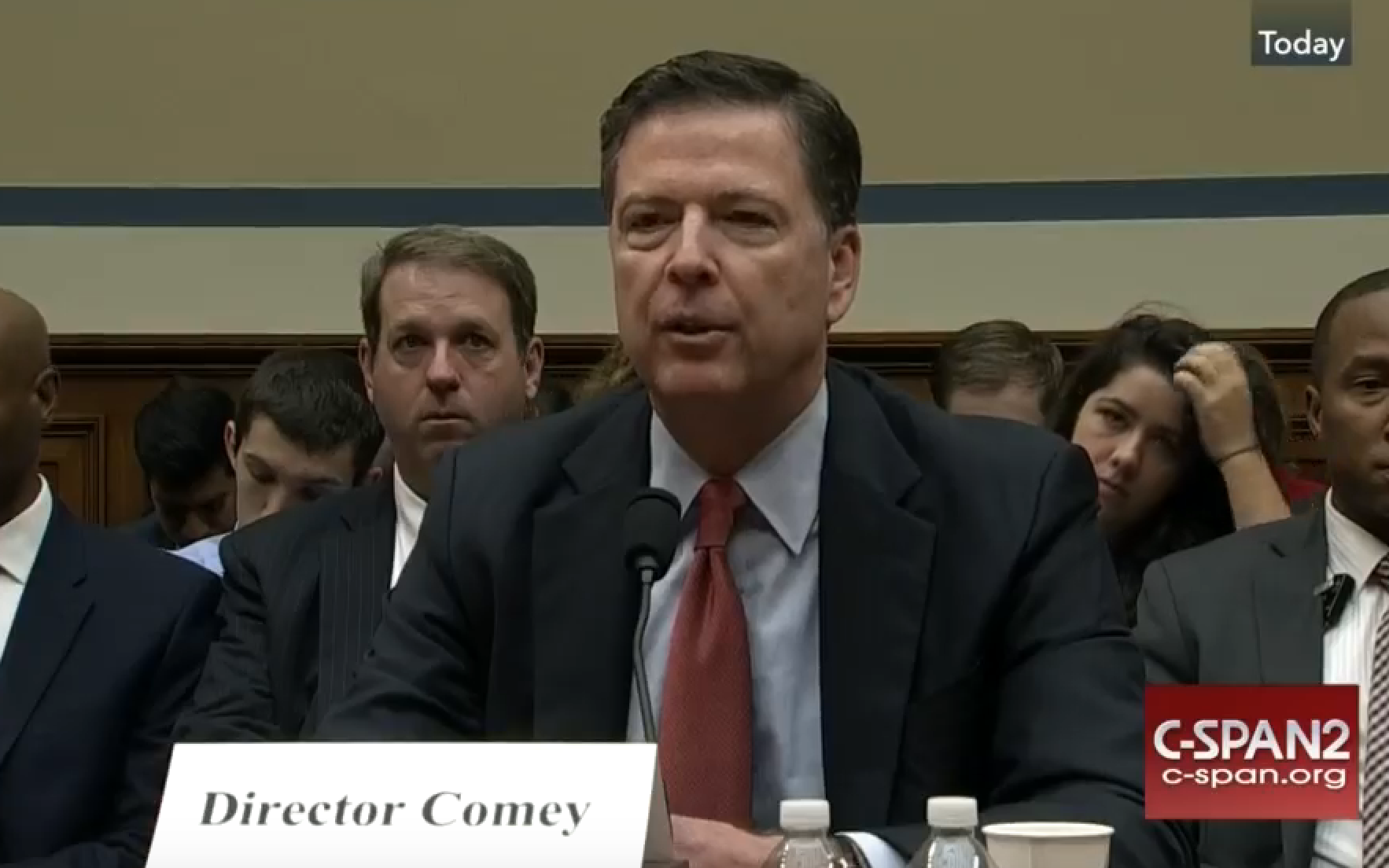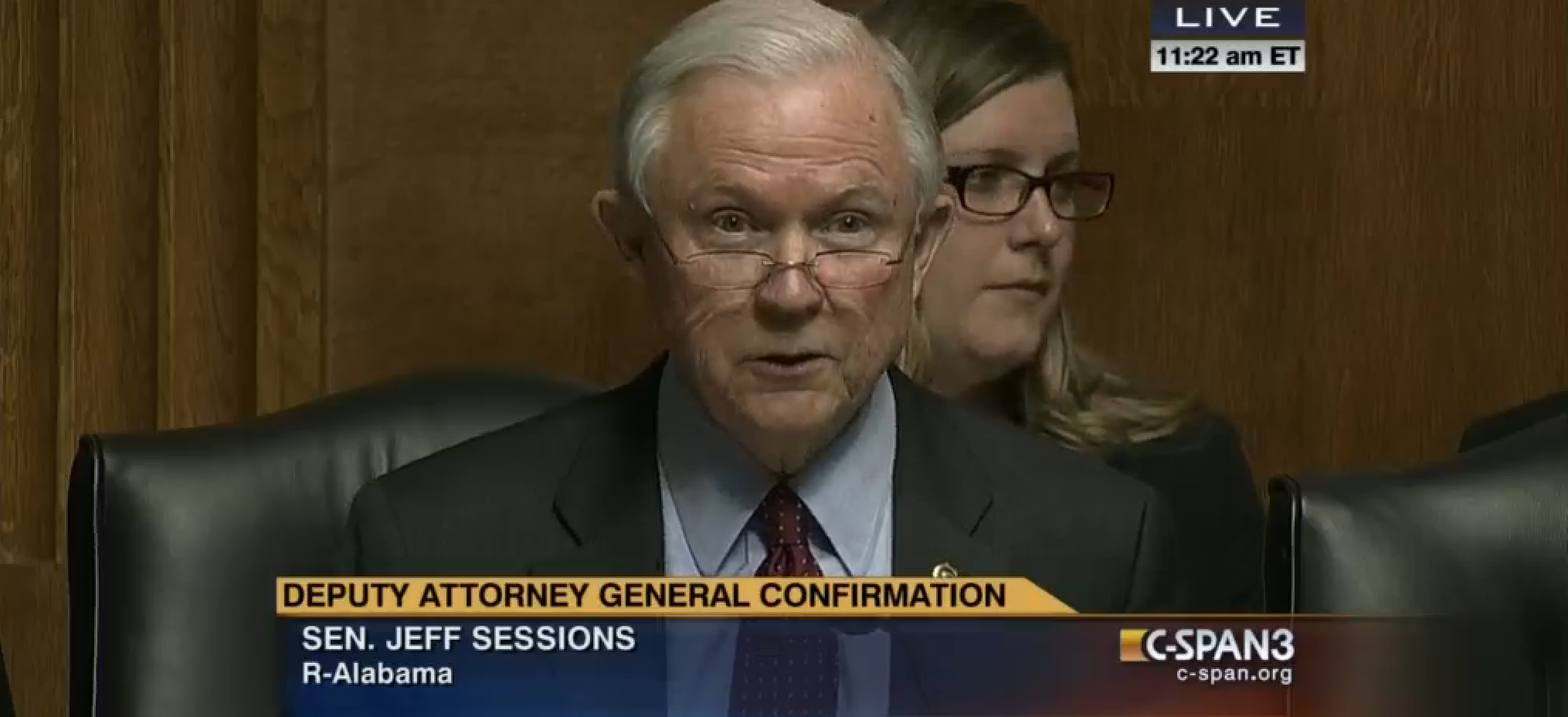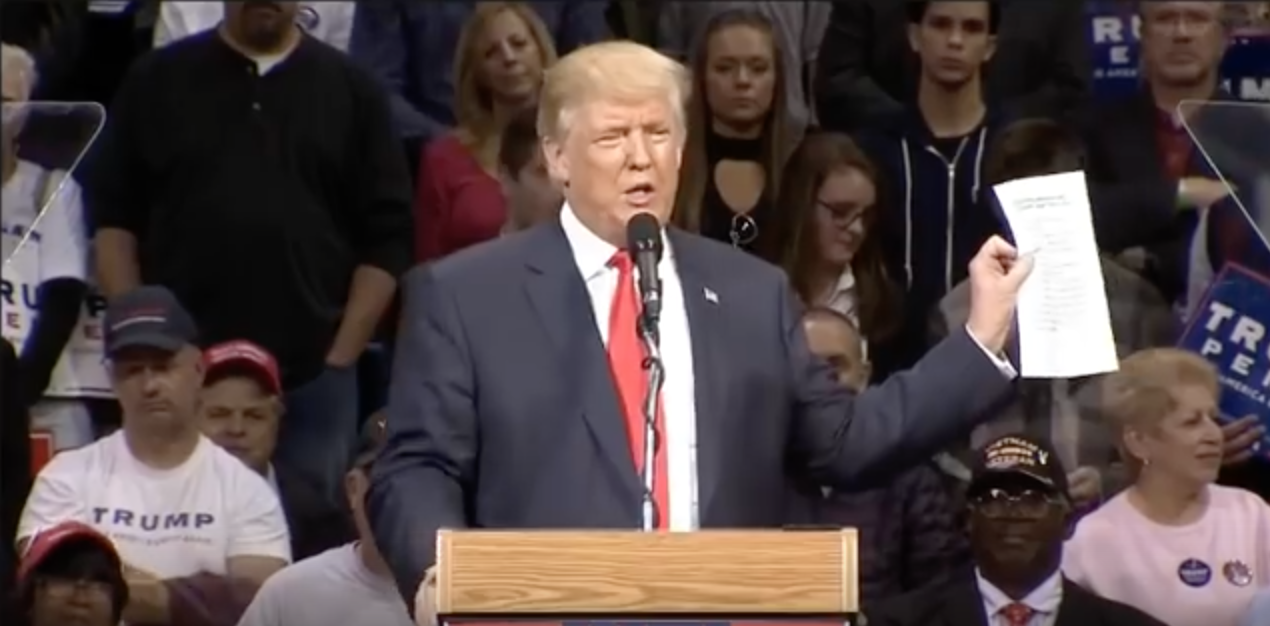Last week, at least three media outlets have provided new details about the relationship between former MI6 officer Christopher Steele — the author of the Trump dossier — and the FBI. First WaPo reported that Steele had reached a verbal agreement that the FBI would pay him to continue his investigation of Russia’s involvement with Trump after still unnamed Democrats stopped paying him after the election. CNN then reported that FBI actually had paid Steele for his expenses. Finally, NBC reported Steele backed out of the deal before it was finalized. Chuck Grassley just sent a letter to Jim Comey asking for more information about the proposed arrangement with Steele.
I’m with Grassley on this. According to WaPo and NBC, FBI would only have paid Steele after the election, presumably regardless of the outcome; by that point Steele’s research couldn’t affect the outcome of the investigation. Nevertheless, the possibility that FBI may have used information from a Democratically paid oppo researcher does raise questions of propriety. Add in the discrepancies in these three reports about whether FBI did pay for Steele’s work, and Grassley is right to raise questions.
I’m also interested in what the relationship says about the way in which political necessities may have impacted the content of Steele’s dossier. All three reports attribute the termination of any FBI-Steele relationship, at least in part, to Steele’s frustration with the FBI. WaPo goes on at some length, explaining that Steele got pissed when Jim Comey reopened the Hillary investigation on October 28, and then grew angrier after the NYT reported the FBI had not confirmed any link to Russia.
Ultimately, the FBI did not pay Steele. Communications between the bureau and the former spy were interrupted as Steele’s now-famous dossier became the subject of news stories, congressional inquiries and presidential denials, according to the people familiar with the arrangement, who spoke on the condition of anonymity because they were not authorized to discuss the matter.
[snip]
In October, anticipating that funding supplied through the original client would dry up, Steele and the FBI reached a spoken understanding: He would continue his work looking at the Kremlin’s ties to Trump and receive compensation for his efforts.
But Steele’s frustration deepened when FBI Director James B. Comey, who had been silent on the Russia inquiry, announced publicly 11 days before the election that the bureau was investigating a newly discovered cache of emails Clinton had exchanged using her private server, according to people familiar with Steele’s thinking.
Those people say Steele’s frustration with the FBI peaked after an Oct. 31 New York Times story that cited law enforcement sources drawing conclusions that he considered premature. The article said that the FBI had not yet found any “conclusive or direct link” between Trump and the Russian government and that the Russian hacking was not intended to help Trump.
WaPo doesn’t lay this out in detail, however. Here’s what happened on those days in October:
October 28: Comey informs eight committee chairs he will reopen the investigation, which promptly (and predictably) leaks.
October 30: Having been officially briefed on the dossier, Harry Reid writes Comey accusing him of a Hatch Act violation for releasing the information on Clinton while withholding what we know to be information in the dossier.
October 31, 6:52PM: David Corn publishes story based on dossier.
October 31, 9:27PM: NYT publishes article describing multiple investigations into Russian interference, stating “no evidence has emerged that would link him or anyone else in his business or political circle directly to Russia’s election operations.”
October 31, 10:52PM: NYT edits article, adding “conclusive or direct” as a caveat in the sentence “Law enforcement officials say that none of the investigations so far have found any conclusive or direct link between Mr. Trump and the Russian government.”
Notably, assuming the times in Newsdiffs (from which I got the NYT timing) are correct, Steele had already gone public before the NYT published its article. That suggests he (like Harry Reid) believed his research should be part of a competing public story. And by going public in what was obviously a Democratically-seeded article, Steele likely made it far more difficult for FBI to continue the relationship.
Already, these new timeline details raise questions about the degree to which Steele’s concerns that the Trump Russian investigation should have more prominence than the email investigation may have influenced his work. Even if Jim Comey did do something colossally stupid by announcing the reopening of the investigation, that shouldn’t affect Steele’s interest in providing the best intelligence to the US, regardless of the public impact, unless he was always motivated primarily by his role as campaign oppo researcher.
The pointless Alfa Bank report that nevertheless seems to reinforce the dodgy Alfa server story
But I also wonder whether it relates to the content. Consider report 112, dated September 14. It pertains to “Kremlin-Alpha Group Cooperation.” It doesn’t have much point in a dossier aiming to hurt Trump. None of his associates nor the Russian DNC hack are mentioned. It does suggest that that Alfa Group had a “bag carrier … to deliver large amounts of illicit cash to” Putin when he was Deputy Mayor of St. Petersburg, though describes the current relationship as “both carrot and stick,” relying in part on kompromat pertaining to Putin’s activities while Deputy Mayor. It makes no allegations of current bribery, though says mutual leverage helps Putin “do his political bidding.”
As I said, there’s no point to have that Alfa Bank passage in a dossier on Trump. But it does serve, in its disclosure, to add a data point (albeit not a very interesting one) to the Alfa Server story that (we now know) FBI was already reviewing but which hadn’t been pitched to the press yet. In Corn’s piece, he mentions the Alfa Bank story but not the report on Putin’s ties to it. It may be in there because someone — perhaps already in possession of the Alfa Bank allegations — asked Steele to lay out more about Alfa’s ties with Putin.
Here’s one reason that’s interesting, though. Even aside from all the other reasons the Alfa story is dodgy, it was deliberately packaged for press consumption. Rather than the at least 19 servers that Trump’s spam email was pinging, it revealed just two: Alfa Bank and Spectrum Health (the latter of which got spun, anachronistically, as a DeVos organization that thus had to be tight with Trump). Which is to say, the Alfa story was dodgy and packaged by yet unknown people.
The discovery of direct collusion during the intelligence review of the Russian hack
More interesting still is what happens in the period that — according to public reporting, anyway — Steele was working for free.
Contrary to what Steele’s anger suggests, there was no real evidence of direct Russian ties to Trump outside of the famous PeeGate incident (and even if that happened, he was not a knowing participant). In the first report, there’s a claim that “the Kremlin has been feeding TRUMP and his team valuable intelligence … including Democratic presidential candidate Hillary Clinton,” but the part of the report that purportedly describes that sharing states that the Kremlin file on Hillary “had not yet been made available abroad, including to TRUMP or his campaign team,” seemingly contradicting the claim. A subsequent report describes a Presidential Administration official discussed the “possible release [of the dossier] to the Republican’s campaign team,” but without any confirmation that occurred (or even that Trump knew about it).
A subsequent report includes a claim of a “well-developed conspiracy of co-operation between [Trump’s team] and the Russian leadership managed through Paul Manafort and Carter Page. It continued to suggest a quid pro quo between the Russian hack and a shift on Ukraine and NATO policies. But in subsequent discussions of Manafort and Page’s corruption, it drops this claim entirely. Even when Michael Cohen enters the narrative, its about managing fallout over Manafort’s Ukrainian corruption.
There are claims that Trump was trying to set up business in Russia, followed by repeated descriptions of Russians not succeeding in getting him to do so.
In other words, in spite of the fact that there were some really damning allegations in the reports, the subsequent reporting didn’t necessarily back the most inflammatory aspects of them.
After the election, there’s just one report, dated December 13. That dates it to after the CIA’s leak fest reporting that Putin hacked the DNC not just to hurt Hillary and the US, but also to elect Trump. It dates to after Obama ordered an IC report on the hack. It dates to after John McCain delivered yet another copy of the dossier to FBI. It slightly precedes a Crowdstrike report (also done for free) bumping its formerly non-public “medium” confidence Russia’s GRU hacked the DNC to “high.”
And after previous reports describing Michael Cohen’s meetings as serving to cover up Manafort’s corruption and Page’s non-consummated Rosneft deal, this one alleges “the operatives involved [in the DNC hack] had been paid by both TRUMP’s team and the Kremlin,” the first such allegation. That is, over a month after the election but less than a month before its leak, the kind of detail backing direct collusion reappeared in this report.
Chuck Grassley’s questions
Which brings me back to Grassley’s letter. In addition to asking about payments, whether the agreement ever went into force, and whether and how Steele’s material served as a basis for FBI reports or even warrants, Grassley asks a question I’ve long wanted to know: Why we got this version of the memo, which is obviously just a partial selection of the complete dossier (rather like the Alfa story).
-
How did the FBI first obtain Mr. Steele’s Trump investigation memos? Has the FBI obtained additional memos from this same source that were not published by Buzzfeed? If so, please provide copies.
We will actually learn a lot about the validity of the dossier if we see what other parts got dealt to the FBI, and if so whether the copy released to the public was cherry picked for the most damning information.











